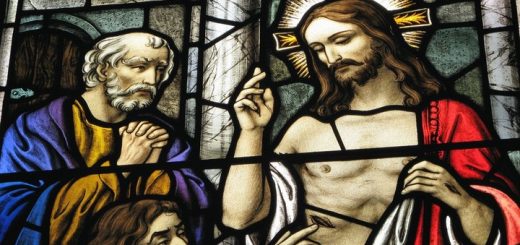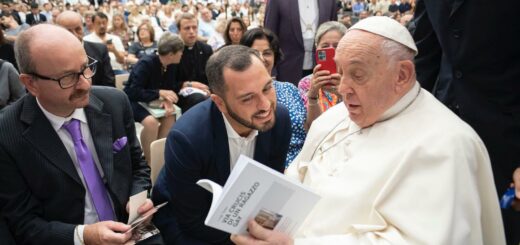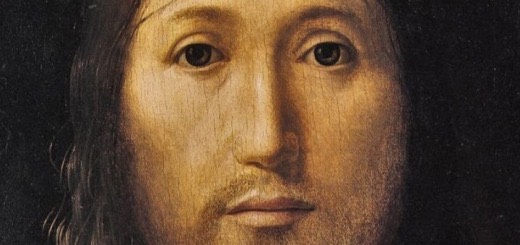A time to wait and a time to finally be
Reflections by Barbara Anne Kozee* published on the website of the Catholic LGBT association New Ways Ministry (United States) on 20 December 2024, freely translated by Giacomo Tessaro
In the prayer of Father Karl Rahner “God come” the great German theologian reflects on the paradox of Advent: the entry into a time of liturgical waiting for a God who, in a certain sense, has already come:
“Every year Your Church celebrates the holy season of Advent, my God. Every year we utter those beautiful prayers of longing and anticipation, and we sing those beautiful songs of hope and promise […] Yet, what a strange prayer is this! After all, You have already come and pitched Your tent among us. You have already lived our life with its little joys, its long days of tedious routine and its bitter end.
How could we invite you to something else when we say “Come”? Can you come closer to us than you did when you became the “Son of Man,” when you adopted our little ordinary life so thoroughly, that it is almost impossible for us to distinguish you from the rest of our fellows?”
Toward the end of the prayer, Rahner has a spiritual insight into the perpetual coming of God:
“Slowly a light appears. I'm starting to understand something I've known for a long time: You're still coming. Your appearance in the form of a slave was only the beginning of Your coming […] In reality You have not come: you are still coming […] Behold, You come. And Your coming is neither past nor future, but present, and must only reach its fullness. Now is but a single hour of Your advent.”
In Advent we might consider Rahner's prayer and the becoming of Christ at Christmas to resonate with how queer thinkers talk about “coming out” as more than a single, historical moment of visibility: a process of discovering himself in bits and pieces, over a lifetime. There is a spiritual and contemplative dimension to the idea of finding ourselves in our queerness and”chasing the horizon”.
Queer thinker José Esteban Muñoz writes: “Queer identity isn't here yet. It is an ideal. In other words, we're not queer yet. We may never touch queer identity, but we can feel it as the warm illumination of a horizon full of potential.”
According to Muñoz, therefore, queer time is not so far from the Christian conception of salvation. Although we may experience, to some degree, the presence of God and the awareness of being loved, there will always remain a sense of mystery and “not yet” in this mundane time. We queer people can experience the fact that our queer identities are always taking shape again, and we can also find joy in spending our entire lives searching for our queer selves, but never quite succeeding!
In this way the queer processes of becoming, of coming out of hiding, and the formation of queer identity are part of the paradox of Advent: patience towards the coming of the Divine, which is neither past nor future, but present. Christ is our example of a continuously coming savior: a living Advent, rather than a historical one.
Somehow, the more we find God, the more we experience queer identity, the more we encounter the deep basis of mystery. Advent, and this time of anticipation, becomes the warm illumination of the joyful queer horizon.
*Barbara Anne Kozee is pursuing a doctorate in theological ethics at Boston College. His current research focuses on social trust and polarization in the Church and politics.
Original text: On Coming and Becoming in Advent






